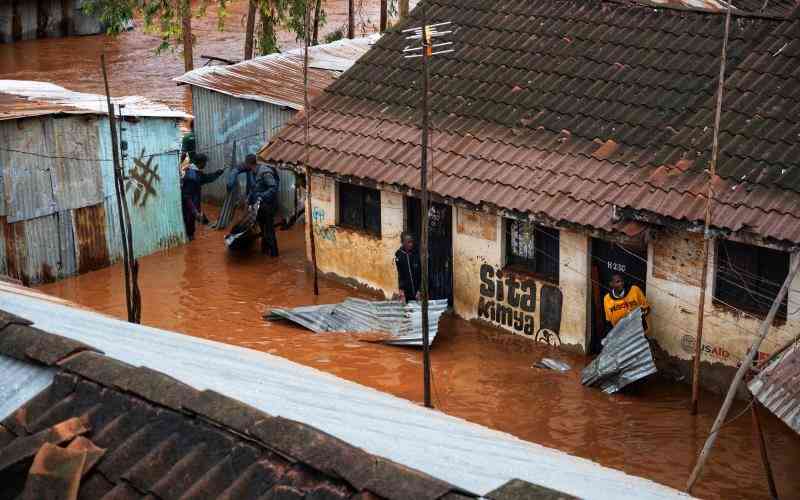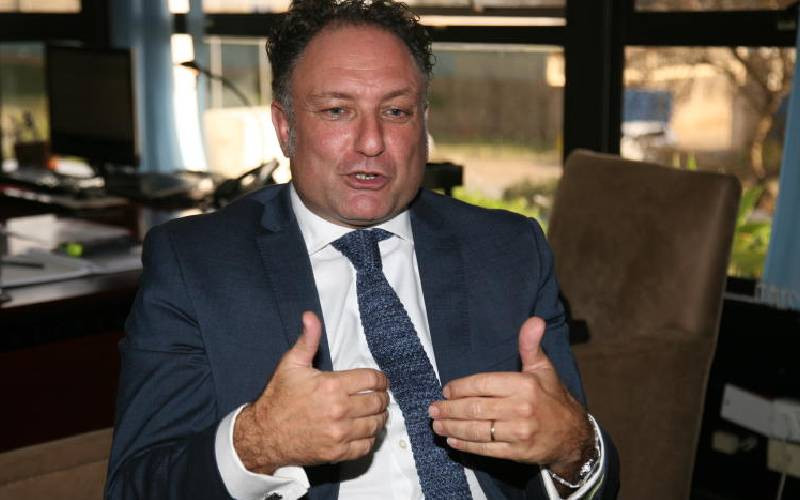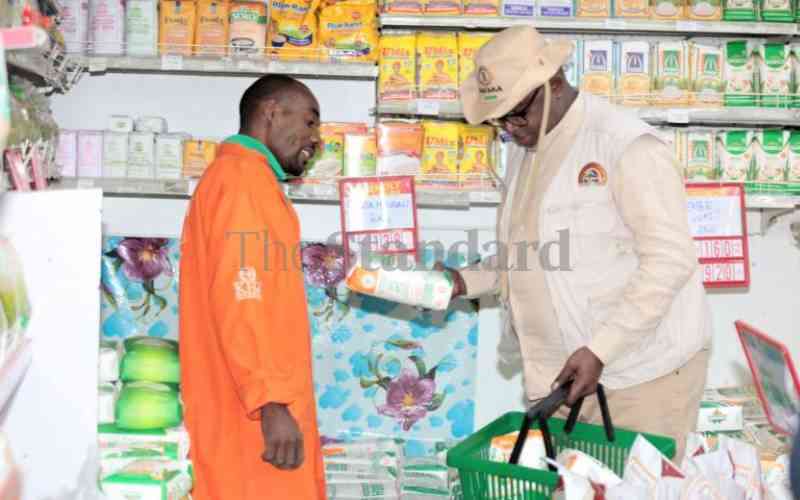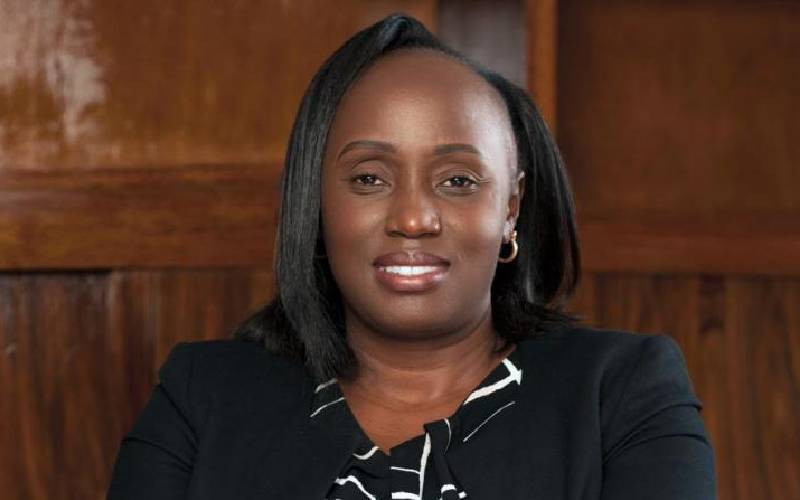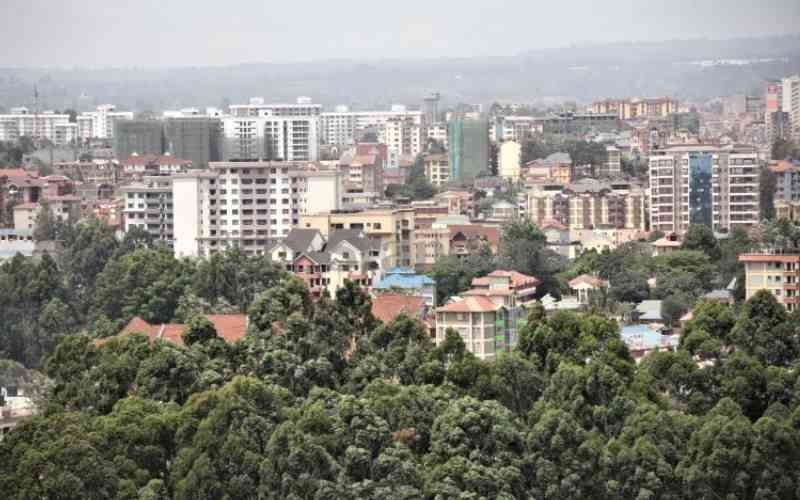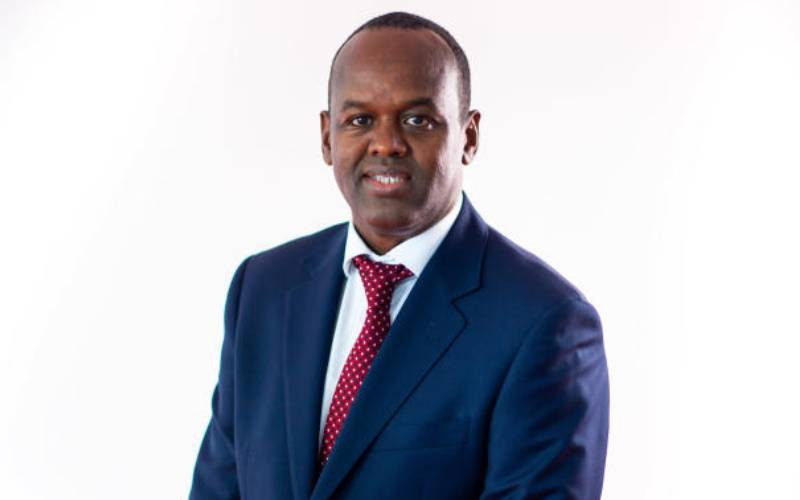
As sustainability reporting takes root among corporates, lenders are no exception.
The new requirement tasks firms to disclose their environmental, social, and governance (ESG) goals and communicate the company’s progress and efforts to reach those goals.
Financial Standard spoke to Absa Kenya Chief Executive Abdi Mohamed on the lender’s sustainability efforts and the importance of the practice for the banking sector as a whole.
We understand last year you developed and had the Absa Bank Kenya Sustainable Finance Strategy approved. Would you briefly highlight the strategy, and where you are in its implementation?
Our commitment to Sustainable Finance has been ongoing since 2018 when Absa Group embarked on a transformation journey. We made some critical strategic decisions that shaped the business and fuelled our desire to play an enabling role in Africa’s growth and sustainability.
In 2020, we launched our sustainability commitment report with sustainable finance being a key priority; committing to diversify our portfolio by at least 10 per cent capital allocation towards initiatives that support renewable and clean energy, industries, innovation, and infrastructure, financially excluded groups, sustainable cities and communities, responsible consumption and production, value, and GDP impact.
Our sustainable finance strategy covers climate and inclusive finance. As of 2023, our Timiza digital loan disbursements targeting the unbanked stood at Sh21 billion and loans to women in business were Sh4.9 billion, Micro, Small and Medium Enterprises (MSME) disbursements were Sh11.2 billion, while Sh26.1 billion was allocated to support climate finance with a disbursement of Sh22.1 billion.
What informed this whole sustainability strategy and what are some of the thematic areas that it hopes to cover?
As a bank, we acknowledge that our business’s and society’s success are intertwined. This underpins our shared value approach, which recognises the interconnected nature of the needs of the environment, the society and the bank’s interests and encourages us to always answer to a greater purpose beyond the bottom line.
As a result, we have a long-term interest in empowering Kenya’s and the continent’s sustainable progress, one story at a time.
Our shared value imperatives are espoused in our sustainability targets which have been determined under the UN Global Compact principles, and UN Principles for Responsible Banking and are linked to the appropriate UN Sustainable Development Goals (SDGs), the Paris Climate Agreement, and regional and local frameworks such as the African Union Agenda 2063.
Sustainable financing is at the heart of the strategy, with one of the priority areas being having over 20 per cent of your lending portfolio classified as potentially sustainable finance. What is the thinking behind this, and where are you towards this goal?
As a pan-African financial services group, we recognise Africa’s vulnerability to climate change. Extreme weather events can also increase operational risk for banks due to disruptions in operations, either through damage to infrastructure, supporting services or impact on staff, thus impacting business continuity.
As such, we proactively incorporate climate change risk into our business. Africa is also uniquely positioned to turn around the narrative, it possesses unique natural resources and potential, making it an optimal region for investment in climate-positive growth.
Investing in Africa presents one of the most promising opportunities for the world to make substantial progress towards achieving the goals outlined in the Paris Agreement. There is also a regulatory requirement to push towards sustainable financing.
In October 2021, the Central Bank of Kenya (CBK) issued guidelines to banks requiring reporting on climate-related risk management. Climate-related financial risks can significantly increase the bank’s credit risk profile because severe floods, drought and landslides can destroy borrowers’ assets or impair supply chains.
Similarly, with a high reliance on physical collateral in lending, measures and policies put in place to mitigate climate change can decrease the credit risk associated with stranded assets.
As per your 2022 Sustainability Report, you had disbursed circa Sh60 billion in green and inclusive finance. What are some of the major projects that the money went into and in what sectors?
We acknowledge the significant responsibility we have as a financial institution to encourage industries and economies to adopt more sustainable practices, such as energy efficiency, climate-smart agriculture, renewable energy, and green buildings.
By the end of 2022, our largest loan portfolio was manufacturing at 20.7 per cent equivalent to Sh64.1 billion followed by real estate at 4.5 per cent equivalent to Sh13.19 billion to support industries and infrastructure development in Kenya. This has resulted in the creation of 200,000 direct and one million indirect jobs.
In 2023, we disbursed a total of Sh22.1 billion to green finance, which included renewable energy, energy efficiency, green building and climate-smart agriculture. One of the green building clients we are proud to have financed is Acorn Holdings Limited, which is the largest provider of purpose-built student accommodation (PBSA) in East and Central Africa.
Absa allocated a Sh6.7 billion financing facility that is the first green loan and sustainable finance transaction where Absa Group has acted as the sole arranger and sustainability agent in Kenya. Another key sustainable finance initiative we undertook during that period is our Sh2 billion partnership with Sun King, in the development of solar-powered projects for off-grid communities in Kenya.
What would you say sets your sustainability strategy apart from other companies, specifically lenders, seeing it is becoming a core component of how businesses operate in a changing environment?
Sustainability is anchored right from our strategy as one of our strategic priorities is to be an active force for good in everything that we do. This fundamental approach reflects our vision and aspirations for Africa, our home.
Our commitment to a just, inclusive, and sustainable future for all stakeholders is underpinned by our purpose which is to “empower Africa’s tomorrow, together…one story at a time.” We have identified specific Environmental, Social and Governance (ESG) focus areas, which incorporate sustainability and efforts to control climate risk at the heart of our new business strategy.
As such, all three of our strategic drivers - becoming a modern-day consumer financial services business, becoming a market leader in business banking, and transforming into the leading corporate and investment bank in connecting ecosystems - are inextricably linked to achieving the United Nations Sustainable Development Goals.
In April 2020, Absa Group published its updated Sustainability Policy and Standard on Coal Financing, to which Absa Bank Kenya PLC is aligned. The policy affirms the Group’s commitment as a responsible financier to address the negative impacts of climate change.
We will continue to live and operate by our renewed purpose as we journey towards a sustainable low-carbon future for all. In establishing our aspirations within key priority areas, we acknowledge the importance of ensuring a just transition. This means having a clear understanding of the impact of our activities on the environment as well as society.
 The Standard Group Plc is a multi-media organization with investments in media platforms spanning newspaper print
operations, television, radio broadcasting, digital and online services. The Standard Group is recognized as a
leading multi-media house in Kenya with a key influence in matters of national and international interest.
The Standard Group Plc is a multi-media organization with investments in media platforms spanning newspaper print
operations, television, radio broadcasting, digital and online services. The Standard Group is recognized as a
leading multi-media house in Kenya with a key influence in matters of national and international interest.

